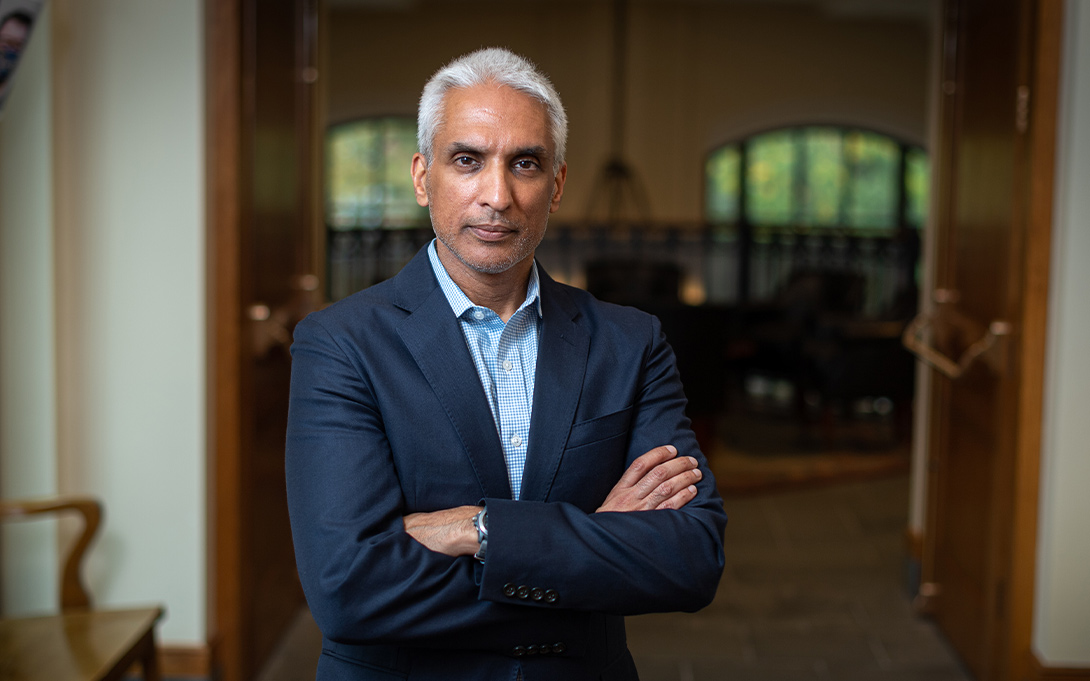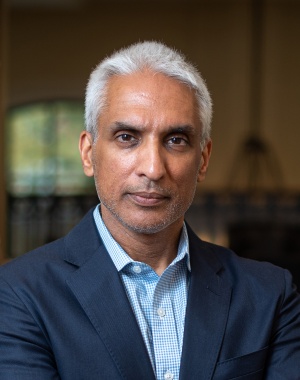
Now that the United States is fully withdrawn from Afghanistan, what will counterterrorism in the region look like? Javed Ali, associate professor of practice, provided commentary to several outlets.
"I would argue that ISIS-Khorasan has remained one of the most viable and lethal elements of that broader ISIS enterprise," Ali told CBC Canada. "They have conducted, prior to last week, a series of heinous and horrific attacks in Afghanistan against a wide range of targets to include the Taliban, the Afghan government, civilians, ethnic and religious minorities. So this is a group that, at least in Afghanistan, has demonstrated a significant amount of capability and it seems to be fairly sizeable in terms of its presence. So this is a threat, a serious threat, going forward."
The United States may need to depend on the Taliban to keep ISIS-K under control.
"This is now going to be a serious issue for the United States, where we will have to rely on the Taliban to put the kind of counterterrorism pressure on ISIS-K or other groups that threaten our interests in a way that we used to before," Ali said on WDET. "Can we credibly rely on the Taliban to do that? Is there a scenario in which the U.S. enters into some kind of counterterrorism relationship with the Taliban to put pressure that we no longer can, at least on the ground, much like the way we did in other parts of the world over the last two decades? There are models out there."
Listen to the Ali's interviews:
- ISIS-K Attack in Kabul Raises Questions About Future of Counterterrorism in the Region, WDET, August 30, 2021
- The Current for Sept. 1, 2021, CBC Canada, September 1, 2021

